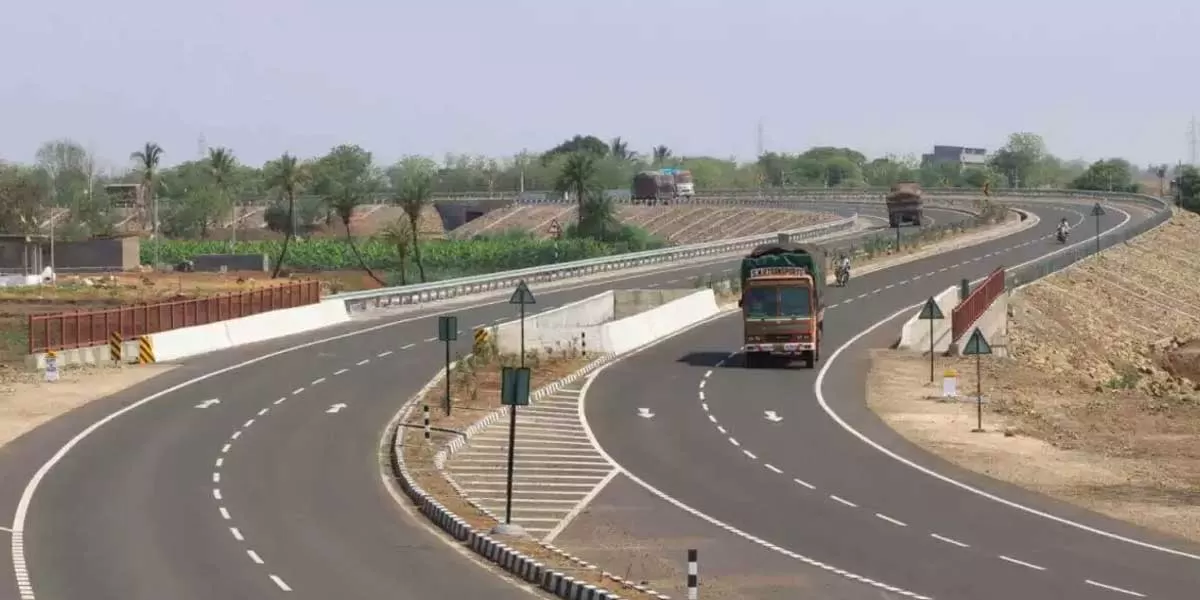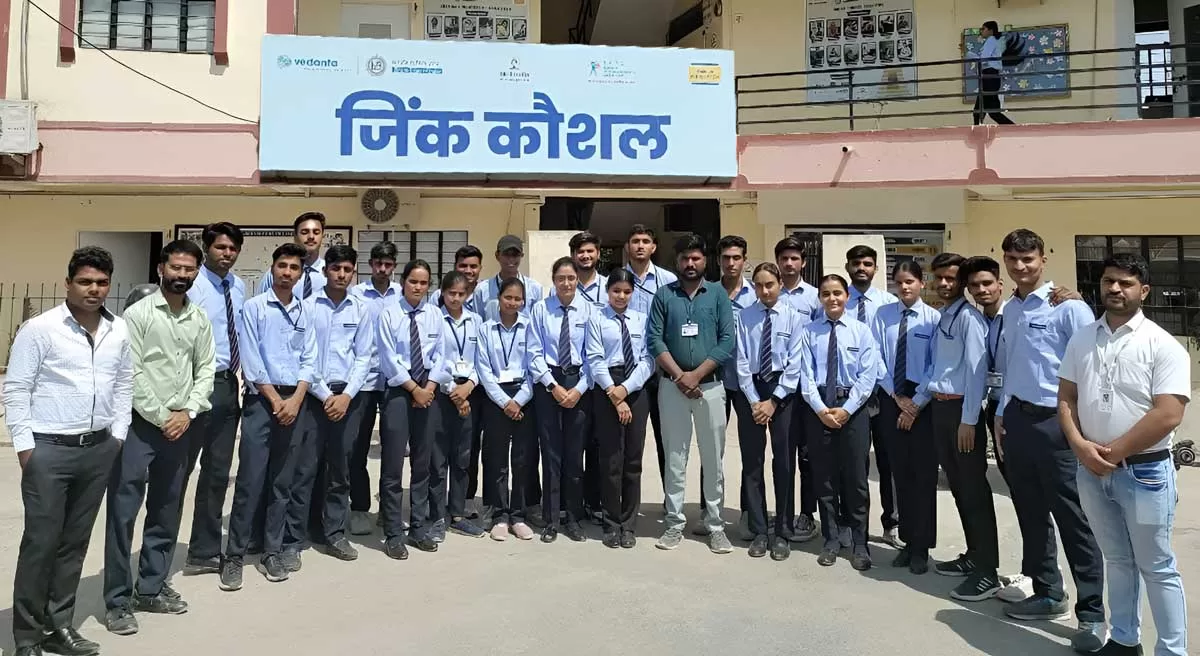
Road Ministry's Ambitious Plan: 50,000km of New Expressways

Over 500 Rural Youth Get Jobs via Hindustan Zinc's Skill Project
Zinc Kaushal Kendra, the flagship skill development initiative of Hindustan Zinc, India’s only and the world’s largest integrated zinc producer, recently organized a job fair assisting nearly 500 rural youth from Udaipur, Bhilwara, Chittorgarh and Rajsamand secure jobs. The job fair brought more than 40 companies from various sectors spanning tourism, microfinance, banking such as HDFC Bank, Arcgate, Reliance Retail, Annapurna Finance, Parallel Hotels, SBI Cap Securities, Sinclair Hotels, Sajjan Palace. Hindustan Zinc, since the inception of the program, has helped over 7,000 rural youth..

Signature Global Hits Record Rs 102.9 Bn Pre-Sales in FY25, Up 42% Y-o-Y
Signature Global, a leading real estate developer in India, has announced its highest-ever annual pre-sales of Rs 102.9 billion in FY25, registering a robust 42 per cent year-on-year growth, and surpassing its pre-sales guidance. The company also achieved record annual collections of Rs 43.8 billion, marking a 41 per cent Y-o-Y increase, driven by strong customer confidence, timely execution, and successful new launches in Gurugram and adjoining markets. The stellar performance was underpinned by the launch of five new projects including ‘Daxin Vistas,’ a mid-income housing project in Soh..

Refex Renewables Bags Rs 780 Mn Waste Management Contract
Refex Renewables & Infrastructure has secured a contract from the Madurai City Municipal Corporation to establish a municipal solid waste management plant valued at Rs 780 million. The project will be implemented through Refex Green Power, a wholly-owned subsidiary of the company. The plant, to be located in Avaniyapuram village, is designed to process 250 tonnes per day (TPD) of municipal solid waste and convert it into Bio-CNG. This initiative is part of a broader effort to promote sustainable waste management and renewable energy generation through public-private partnerships (PPP). The p..














